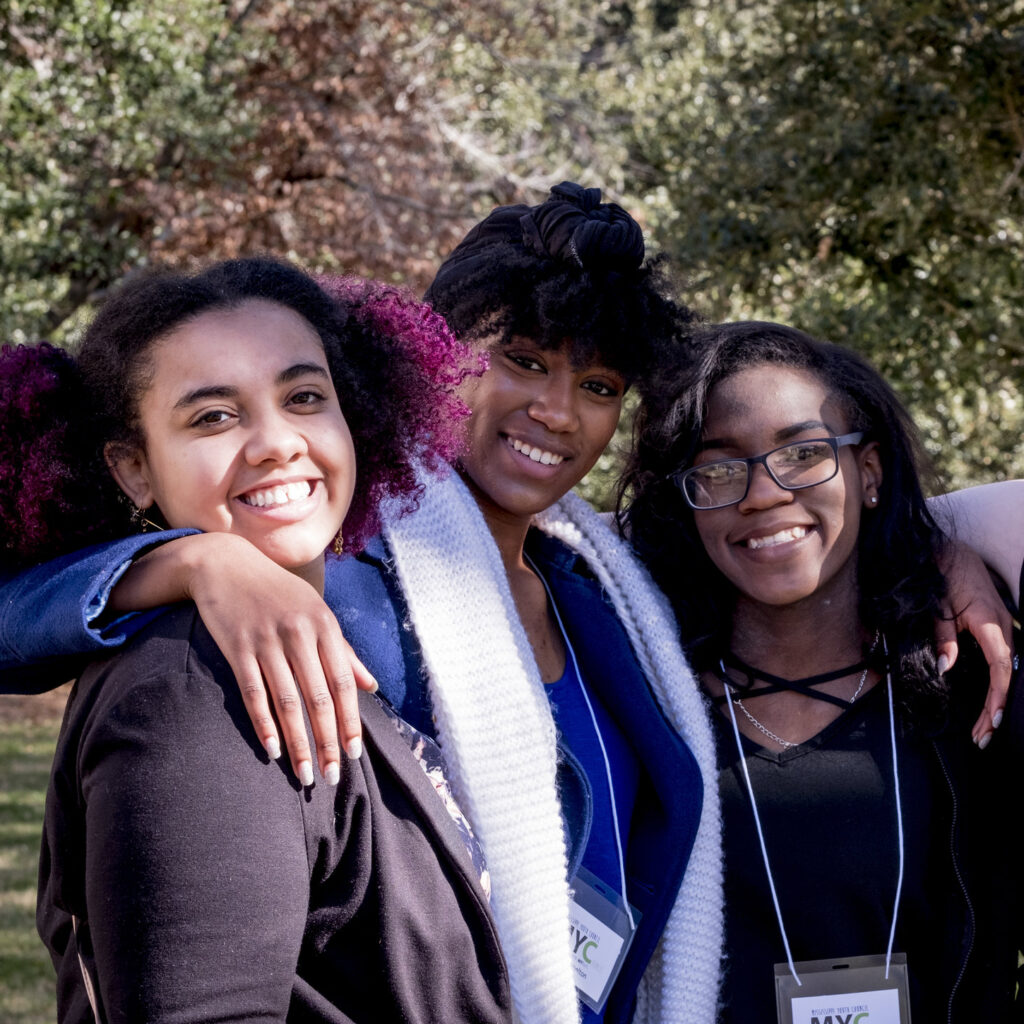Youth Leaders on Mental Health
Young people are fighting for increased awareness, support, and access to opportunities for healing and wellbeing. They are shifting the narrative about youth mental health to acknowledge that it’s okay to not be okay.
Youth Leaders on Mental Health Read More »










